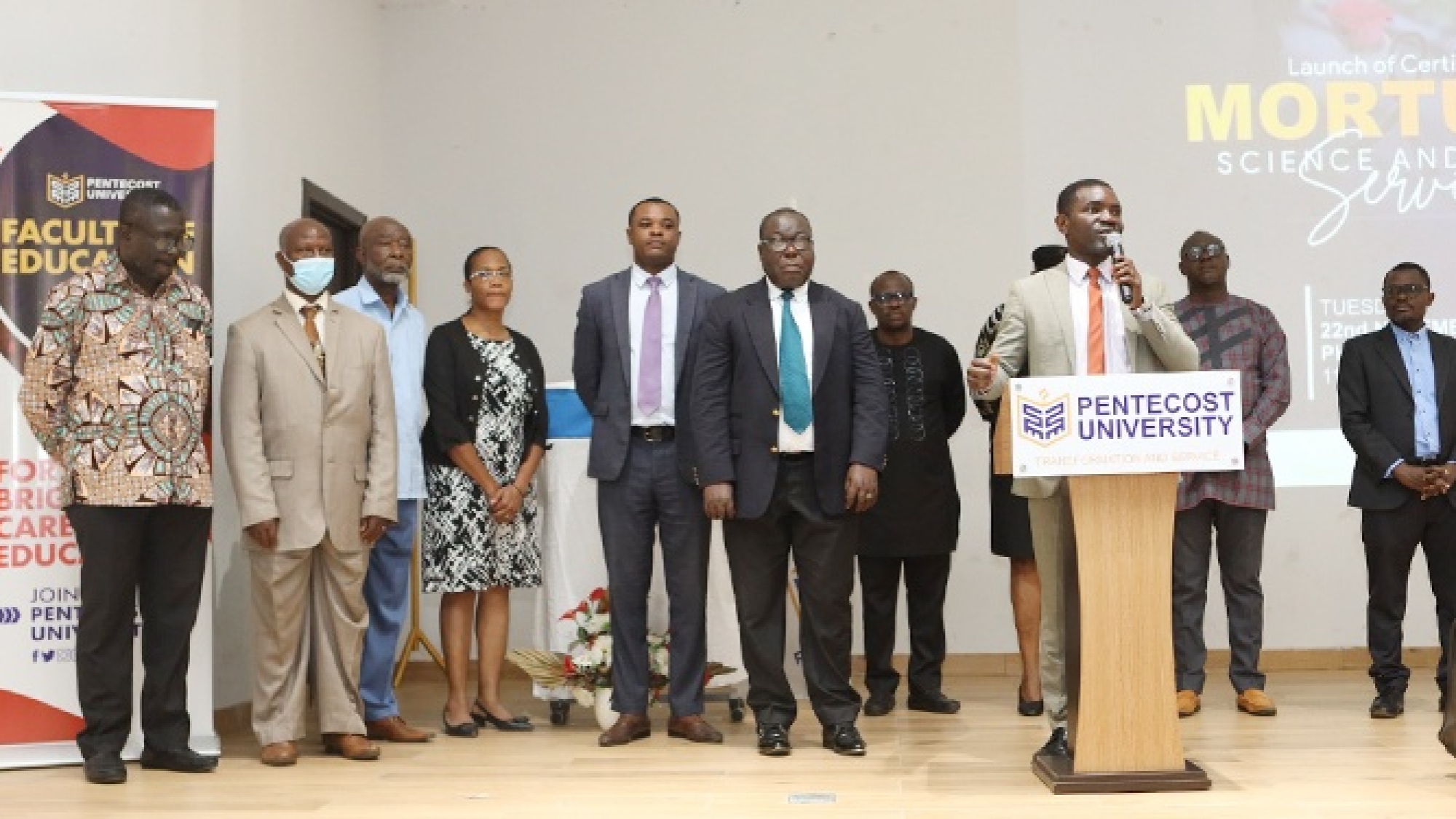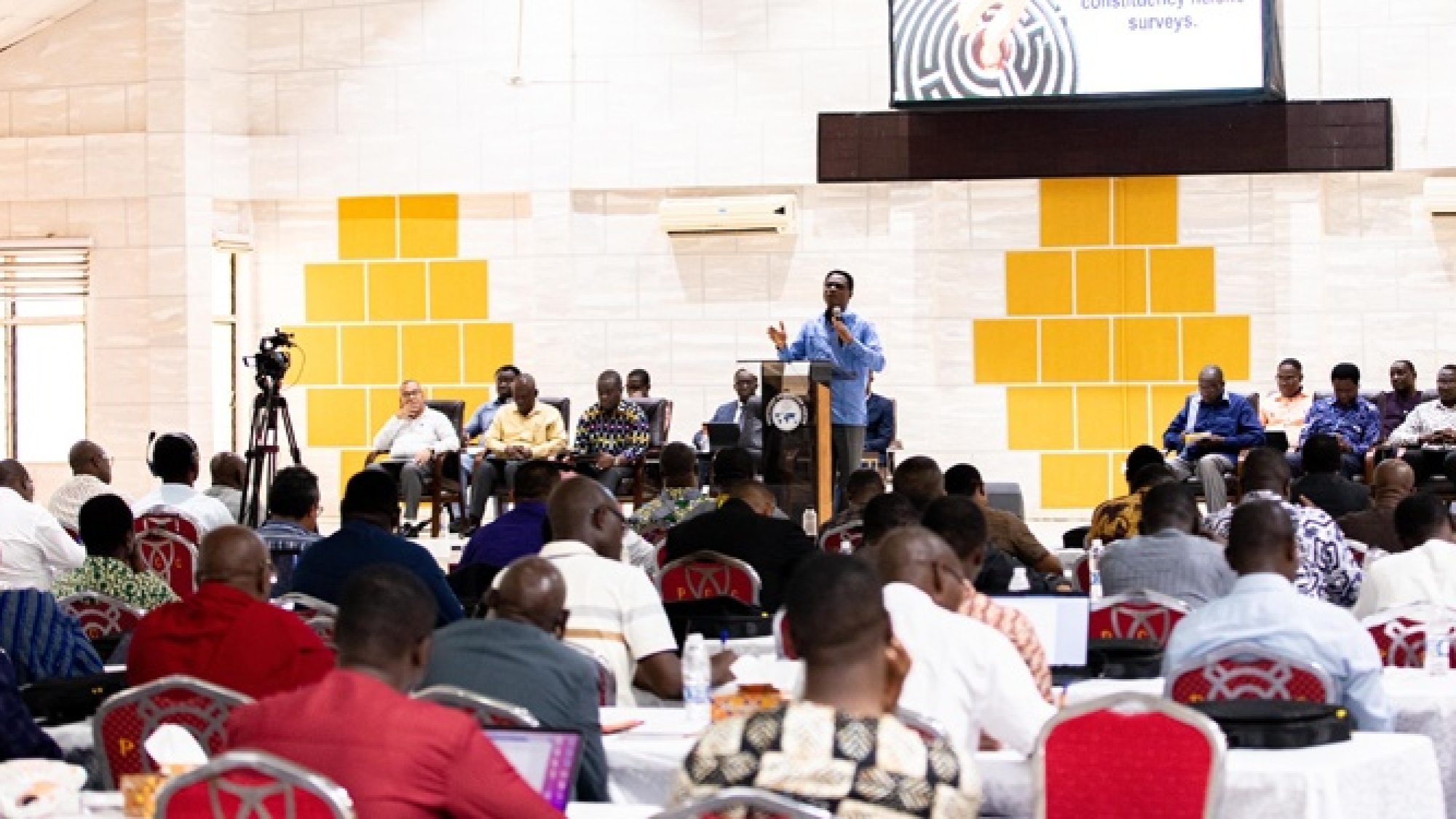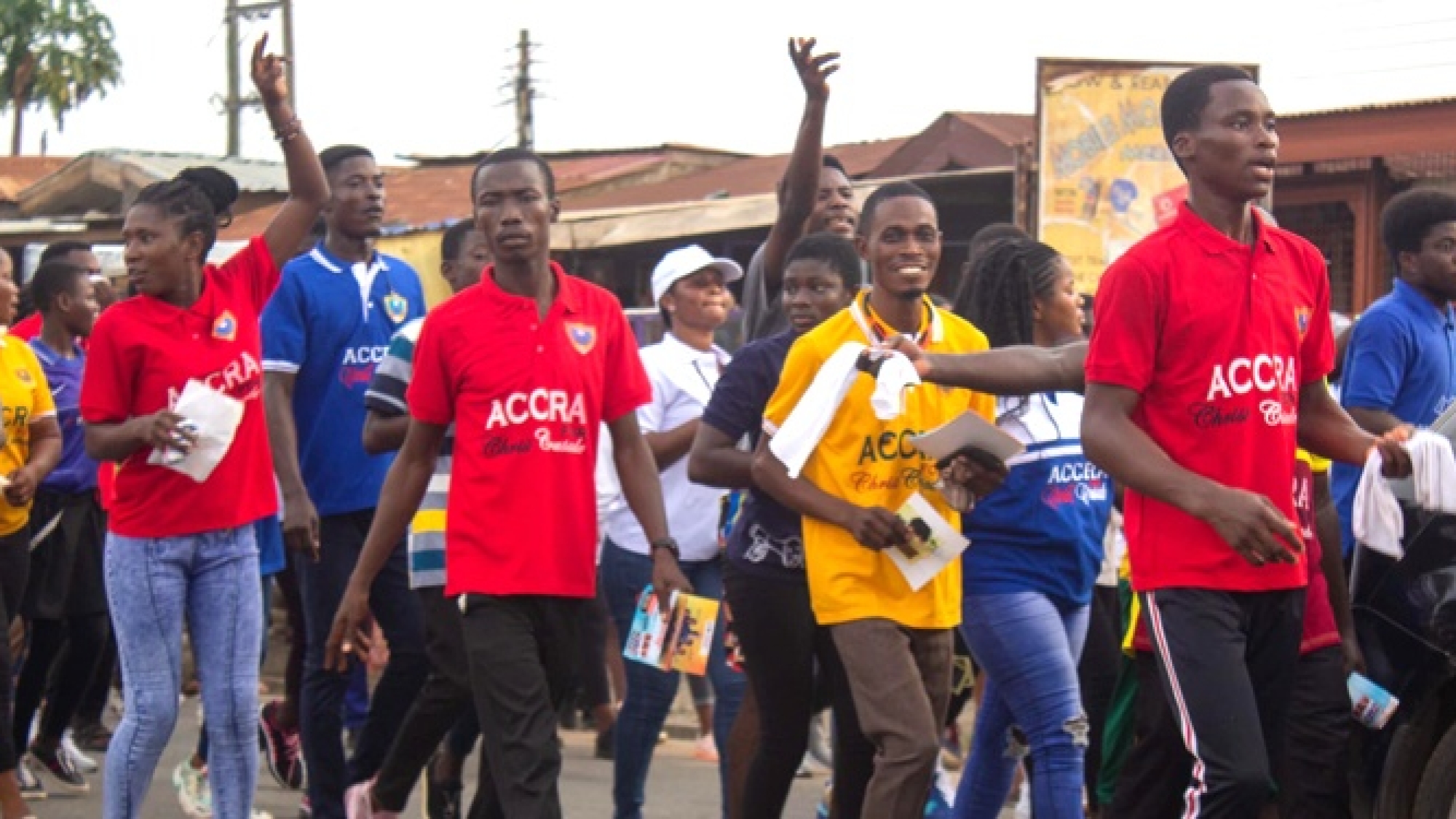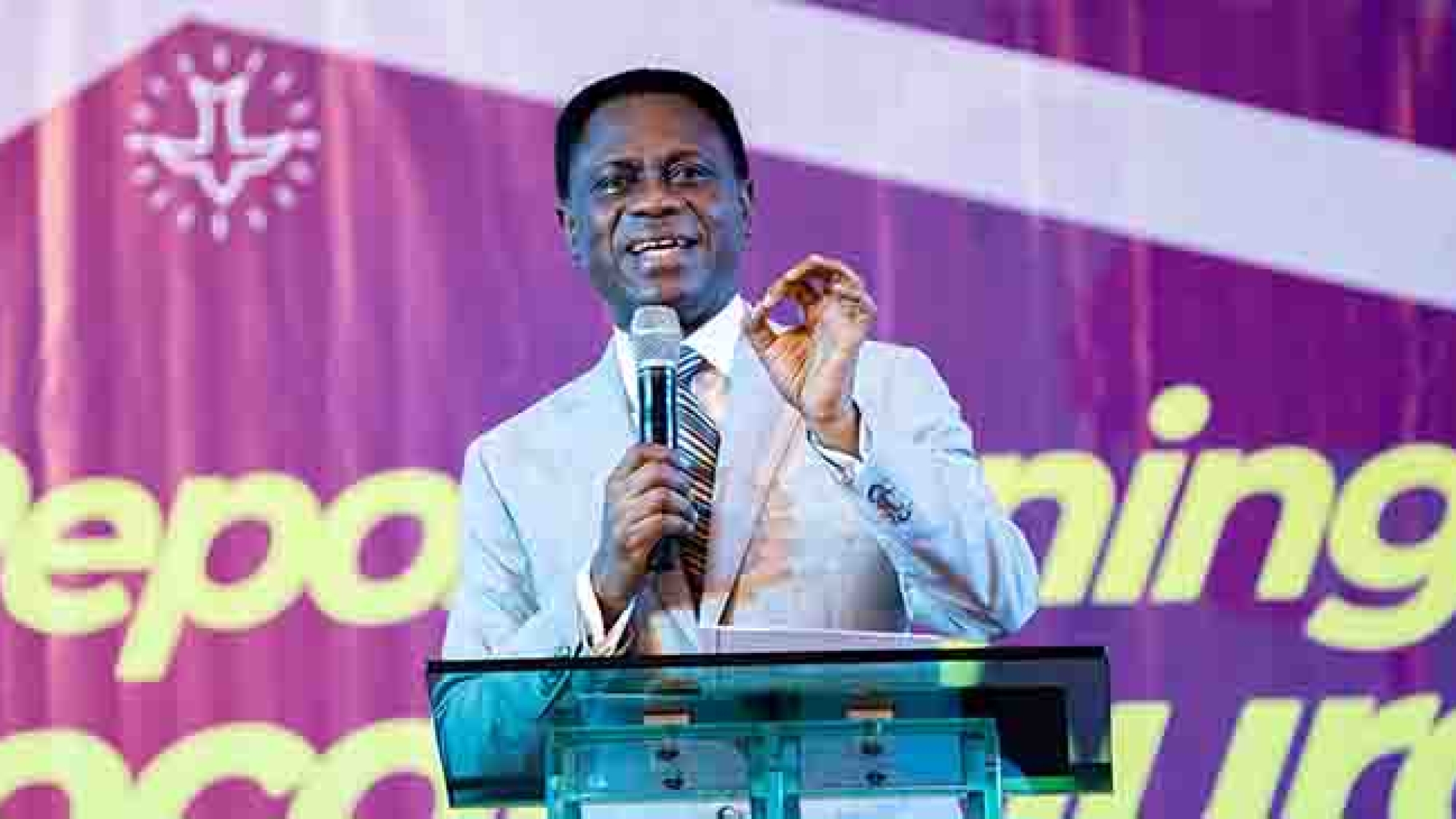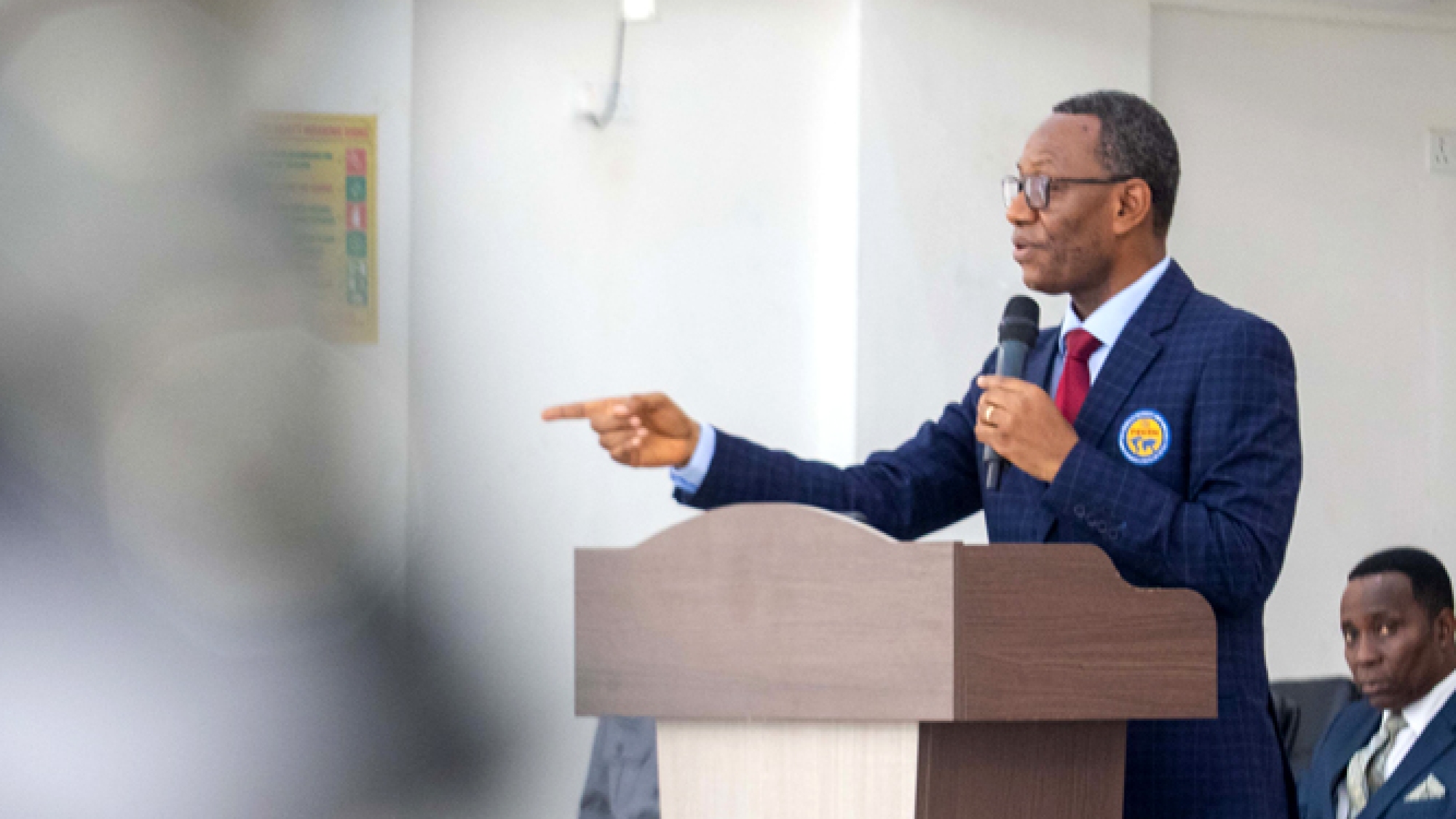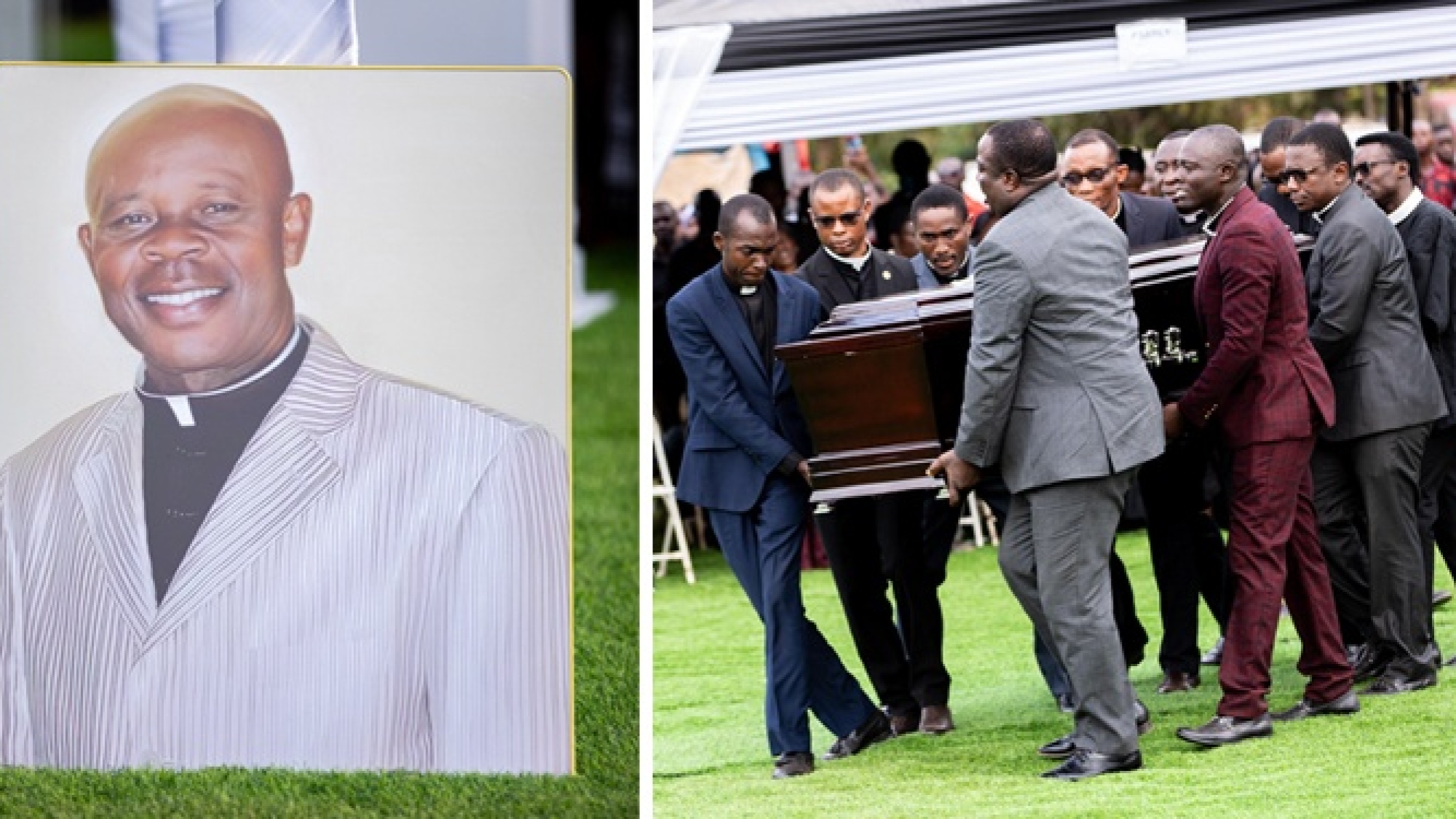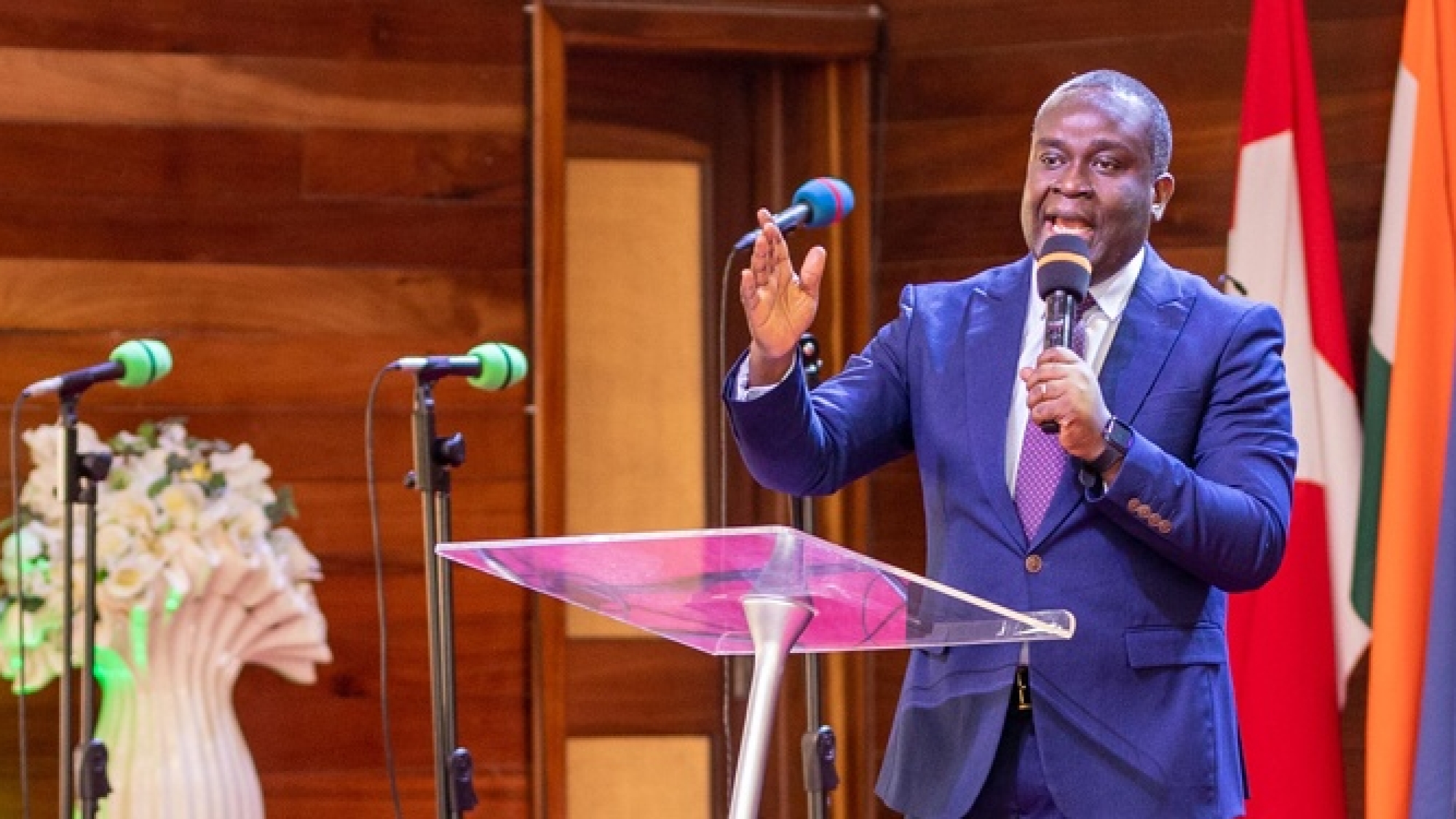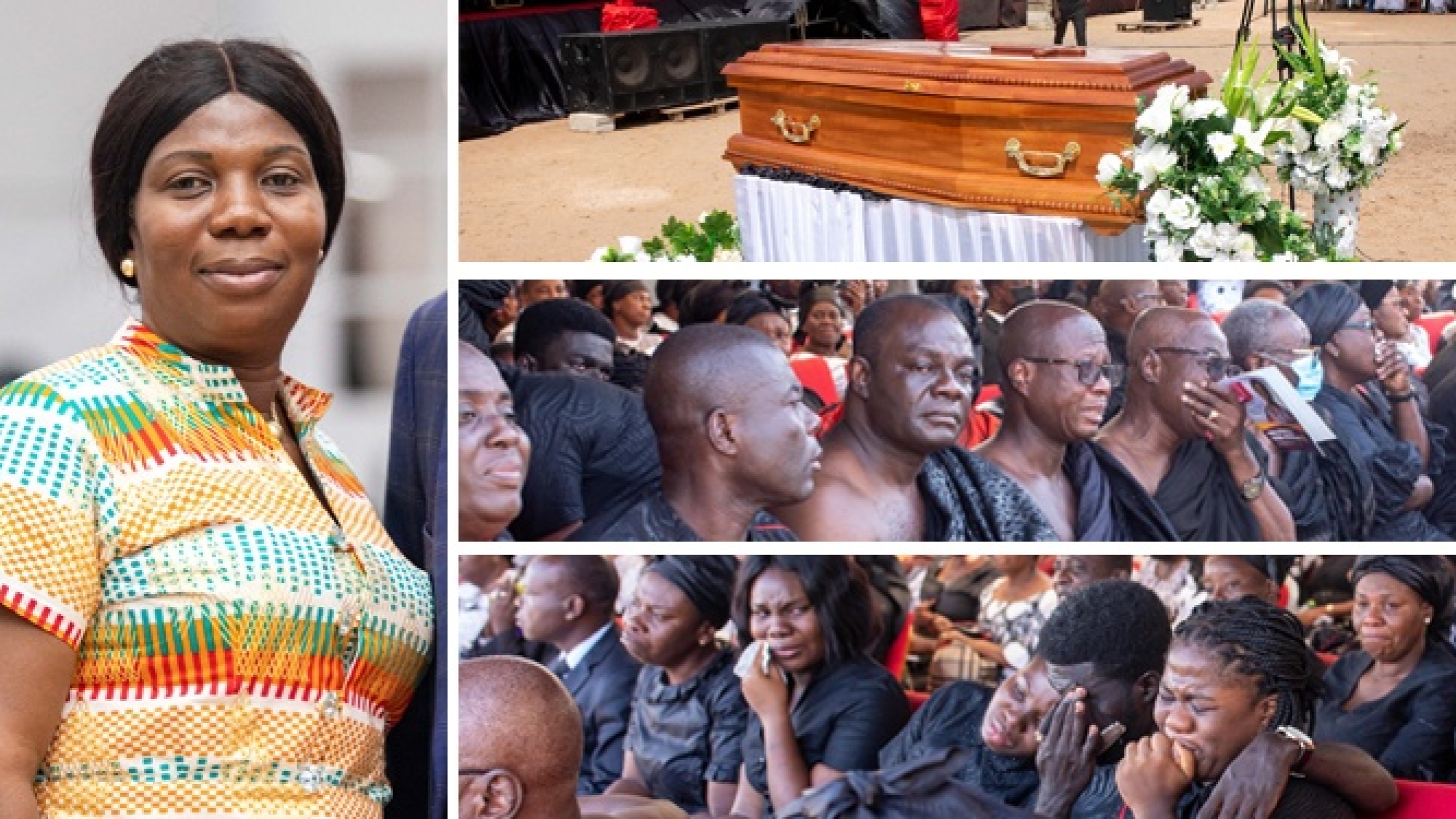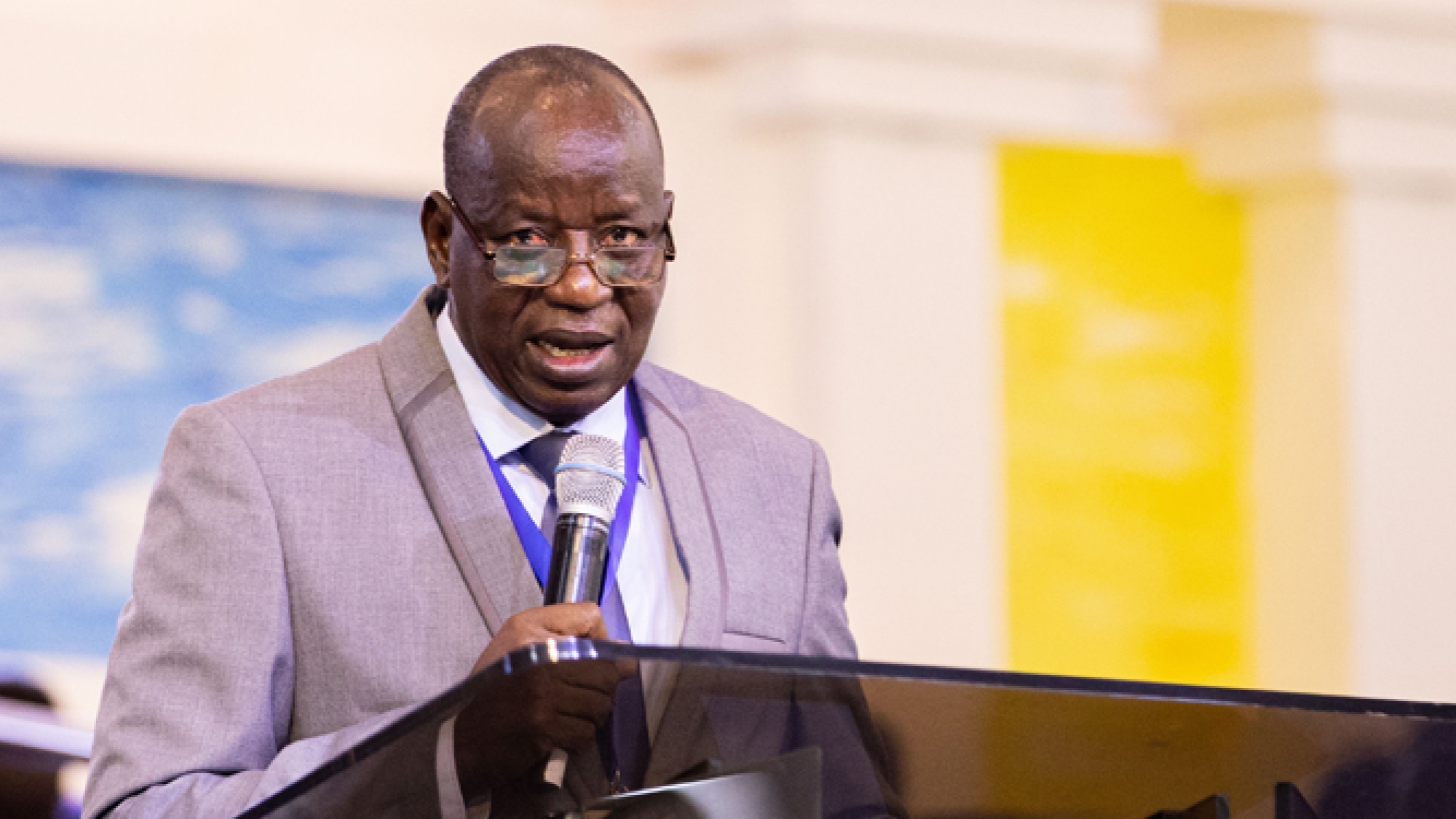Pentecost University has successfully launched a certificate programme in Mortuary Science and Funeral Studies. This took place on the University’s main campus in Sowutuom, Accra, on Tuesday, November 22, 2022.
At the launch, the Vice-Chancellor of the University, Prof. Kwabena Agyapong-Kodua, said: “we can’t fight death, but we can develop structures to minimise its associated agonies and preserve the dignity of our departed loved ones.”
Enumerating the rationale for the programme, the VC said there are environmental, cultural and epidemic risks in mortuary and funeral services hence the need for universities to support the regulators and enhance the skills of practitioners who mostly acquire their skills on the job.
On the preparedness of the Pentecost University to deliver, the VC said “we have pulled together the strength of 5 of our faculties to deliver a unique programme.”
He said the Faculty of Health and Allied Science would focus on the health side such as infection control and microbiology while the Faculty of Business Administration would teach students the business, finance, and customer service side of it.
“We realised there are legal implications, and this will be handled by experts from our Faculty of Law, whilst the cultural, psychosocial aspect of grief and pastoral dimension will be handled by our Pentecost School of Theology, Ministries and Leadership.
Not only that, the major engineering aspects associated with refrigeration, and decomposition will be handled by the Faculty of Engineering Sciences and Computing,” he added.
On the target students, Prof. Kwabena Agyapong-Kodua said the courses are suitable for the various categories of professionals in the death care value chain, including the Management and Entrepreneurial Class, Managers of Funeral Homes, Mortuaries, Mausoleum and Cemeteries. Others are the technical class which includes Morticians, Autopsy Assistants, and Presectors, and then the miscellaneous Group, which includes Mortuary Attendants, Embalmers, Pall Bearers, Hearse Drivers, Cemetery Keepers/Cisterns, Decorators, etc.
On his part, Mr Emmanuel Okyere, who represented the Head of Mortuaries and Funeral Facilities Agency of Ghana, Mr Matthew Kyeremeh, commended Pentecost University for starting the programme.
Referencing relevant portions of the MOFFA Act 2011 (Act 829) on training, Mr Okyere pledged the continuous support and partnership of the Agency with Pentecost University in “research and innovation to have a scientific basis to inform policymaking in the death care industry and also build the capacity of staff to provide quality training and service.”
In throwing light on the programme, the Acting Dean of the Faculty of Health and Allied Sciences of Pentecost University, Dr Ebenezer Appiah-Denkyira, said it is going to be intensive. He enumerated some of the courses, which include pathology, microbial morphology, anatomy, and embalming.
He also emphasised the application of technology and social care in the training and assured that the university is well-positioned to deliver the programme.
Pentecost University as part of its University A+ vision seeks to provide solutions to all aspects of human problems. This includes developing programmes and projects in otherwise unconventional but relevant areas for national development.
PENTECOST NEWS.





